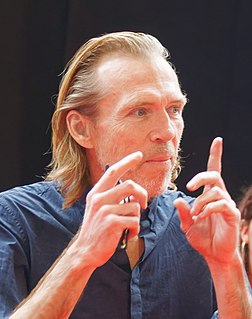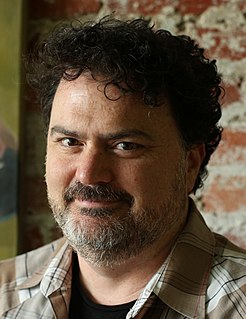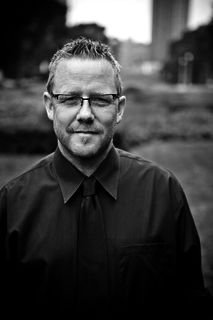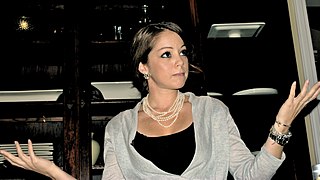A Quote by Fisher Stevens
This human condition and people's stories. That's what I love. The other thing is traveling.
Related Quotes
I love how 'Game of Thrones' has resonated with so many people around the world. I feel like it has really tapped into our need to hear stories about the human condition, love, death, good, evil... For me, it really is a modern version of the old Greek theatre or cave men sitting around fires telling stories.
Humans like stories. Humans need stories. Stories are good. Stories work. Story clarifies and captures the essence of the human spirit. Story, in all its forms—of life, of love, of knowledge—has traced the upward surge of mankind. And story, you mark my words, will be with the last human to draw breath.
The human condition comprehends more than the condition under which life has been given to man. Men are conditioned beings because everything they come in contact with turns immediately into a condition of their existence. The world in which the vita activa spends itself consists of things produced by human activities; but the things that owe their existence exclusively to men nevertheless constantly condition their human makers.
Yet again, an ancient answer echoes across the centuries: Listen! Listen to stories! For what stories do, above all else, is hold up a mirror so that we can see ourselves. Stories are mirrors of human be-ing, reflecting back our very essence. In a story, we come to know precisely the both/and, mixed-upped-ness of our very being. In the mirror of another's story, we can discover our tragedy and our comedy-and therefore our very human-ness, the ambiguity and incongruity, that lie at the core of the human condition.
The Bible give us a list of human stories on both sides of the ledger. On list of human stories is used examples - do what these people did. Another list of human stories is used as warnings - don't do what these people did. So if your story ever gets in one of these books, make sure they use it as an example, not a warning.




































